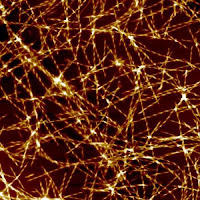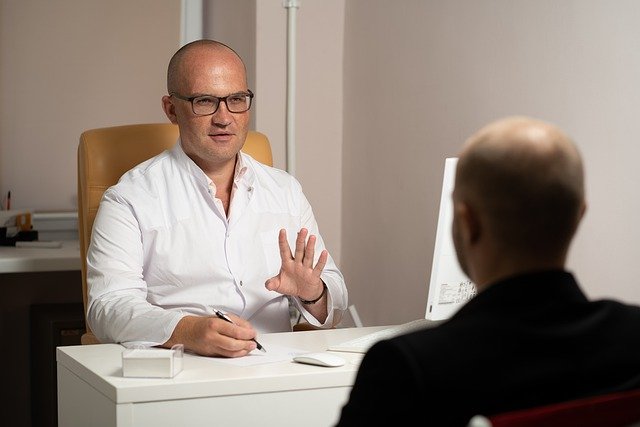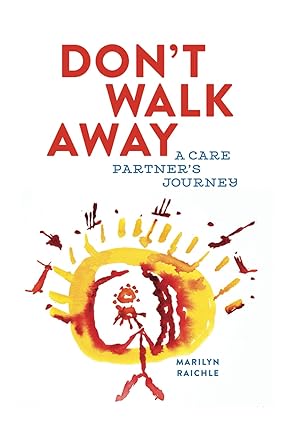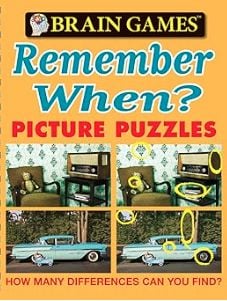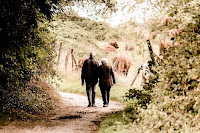
“90+” Study Zooms in on Dementia
60 Minutes checks in on the groundbreaking “90+ Study”. Lesley Stahl revisited the participants, aged 90+, whom she first met in 2014., See the latest on leading longer, healthier lives, with special focus on memory and dementia.











